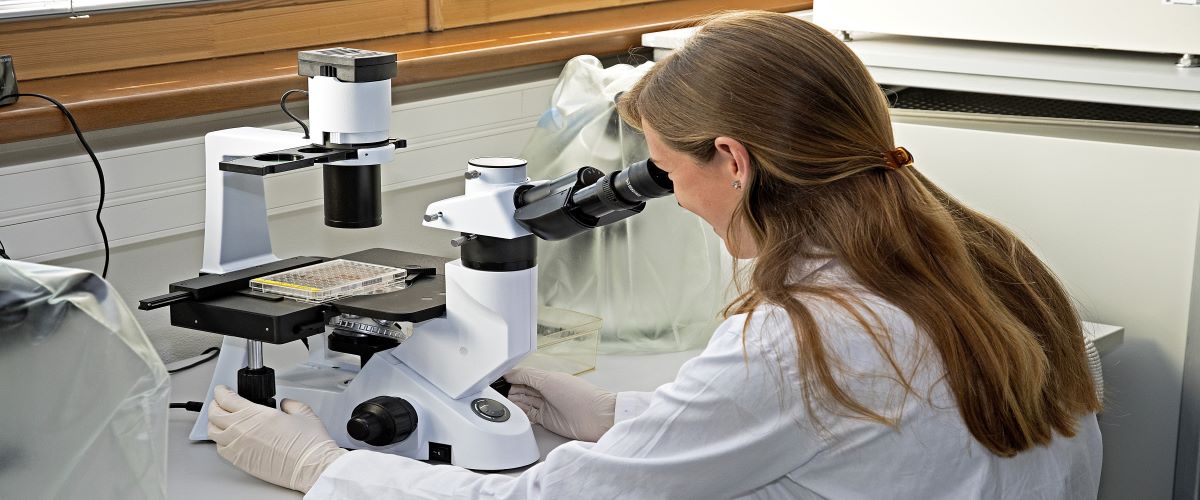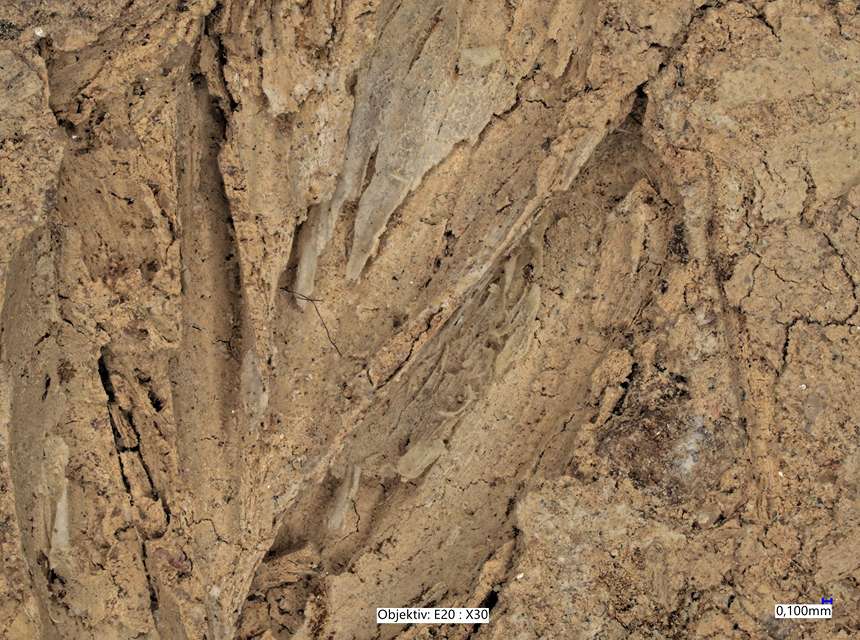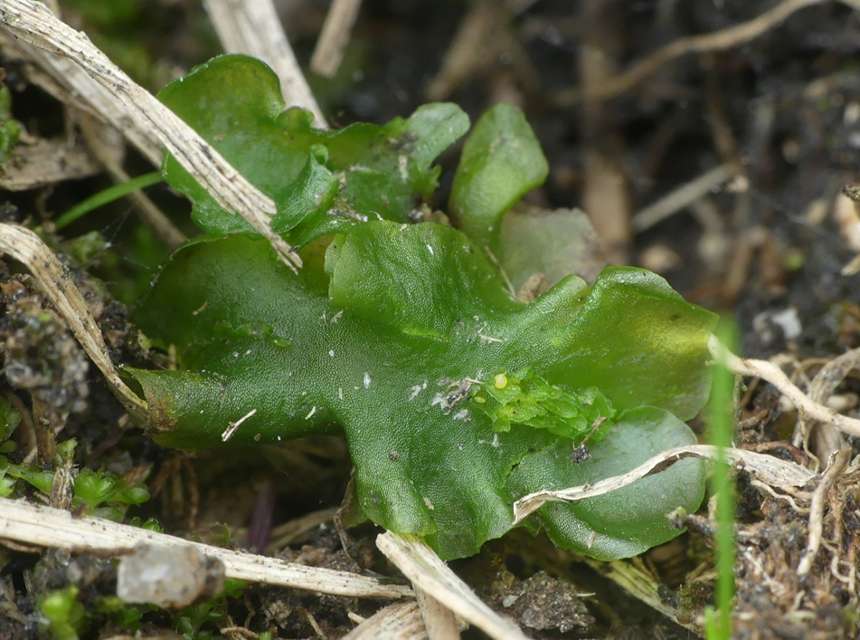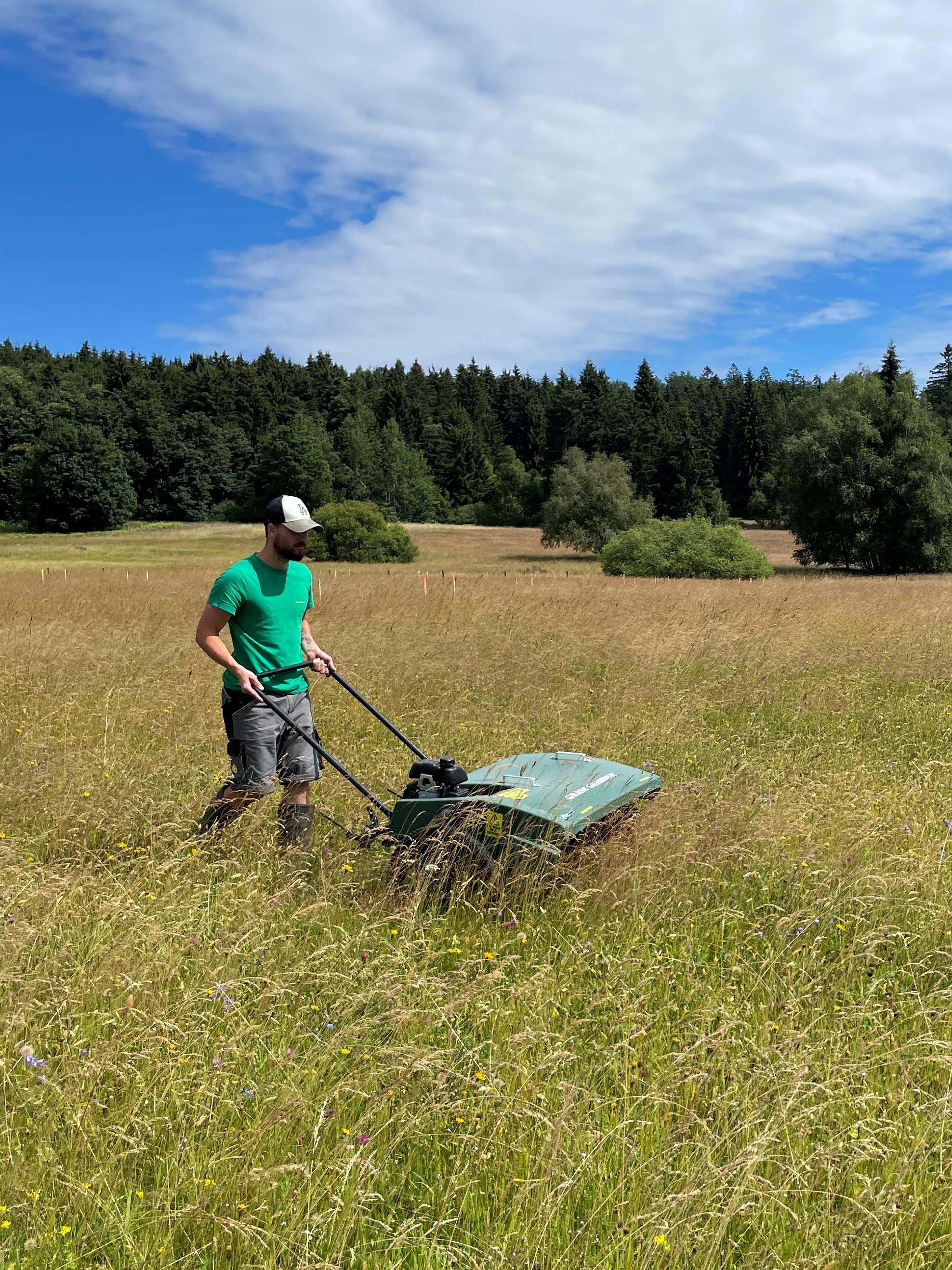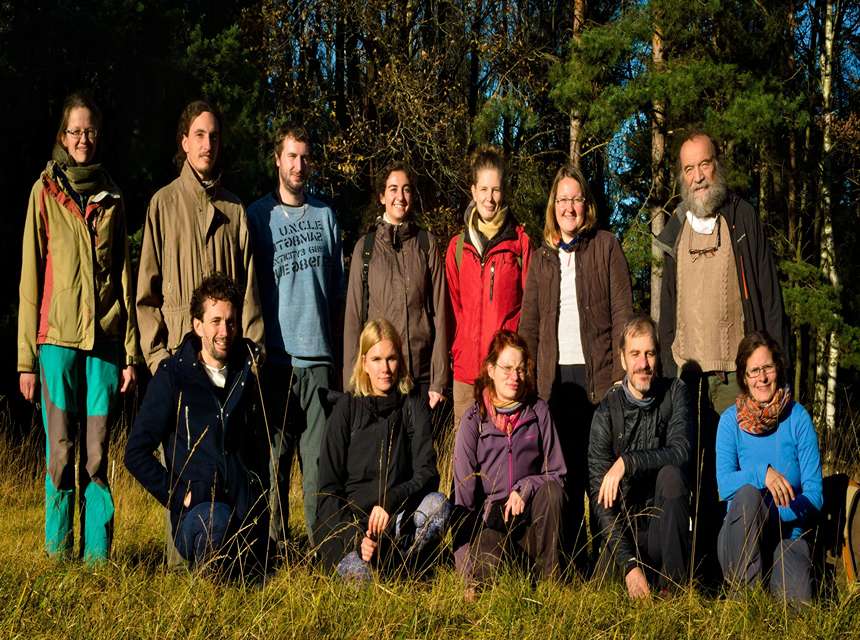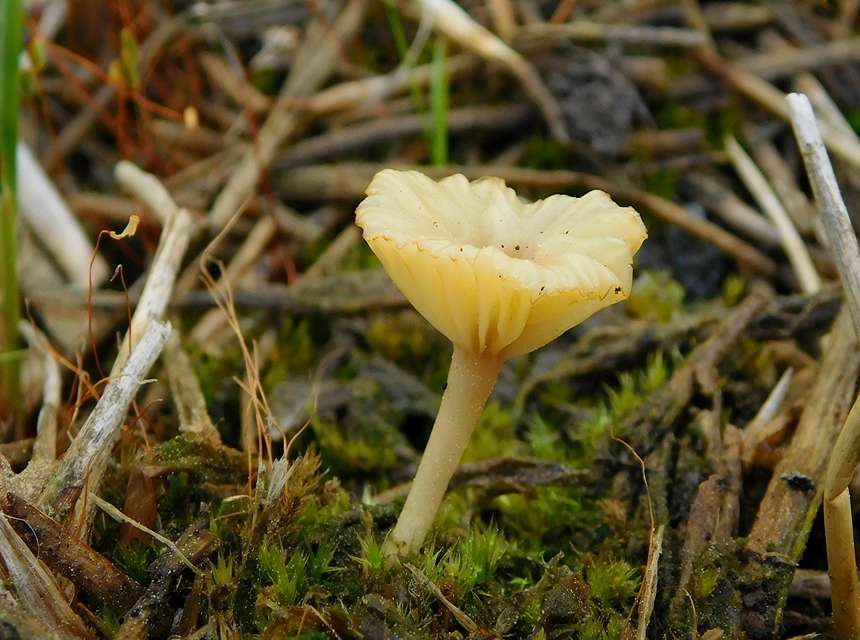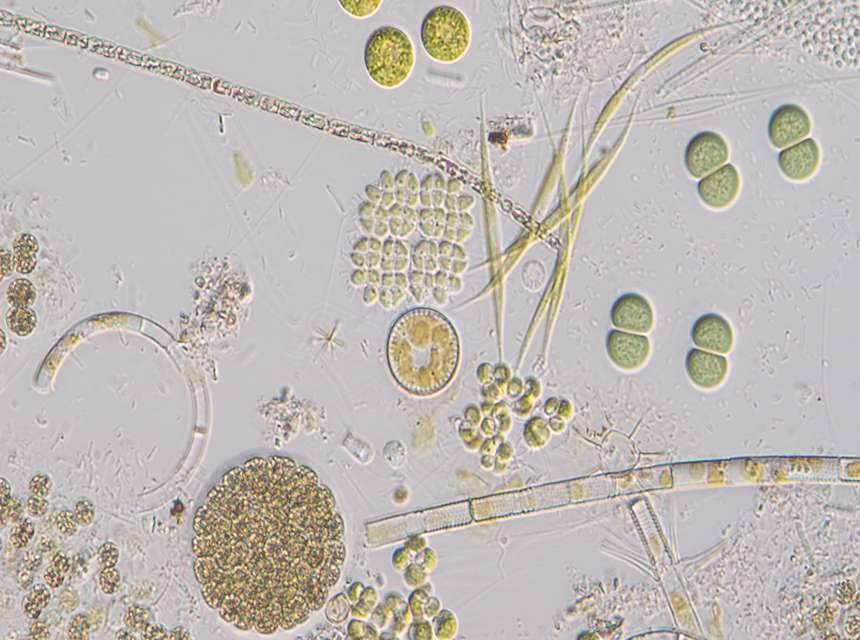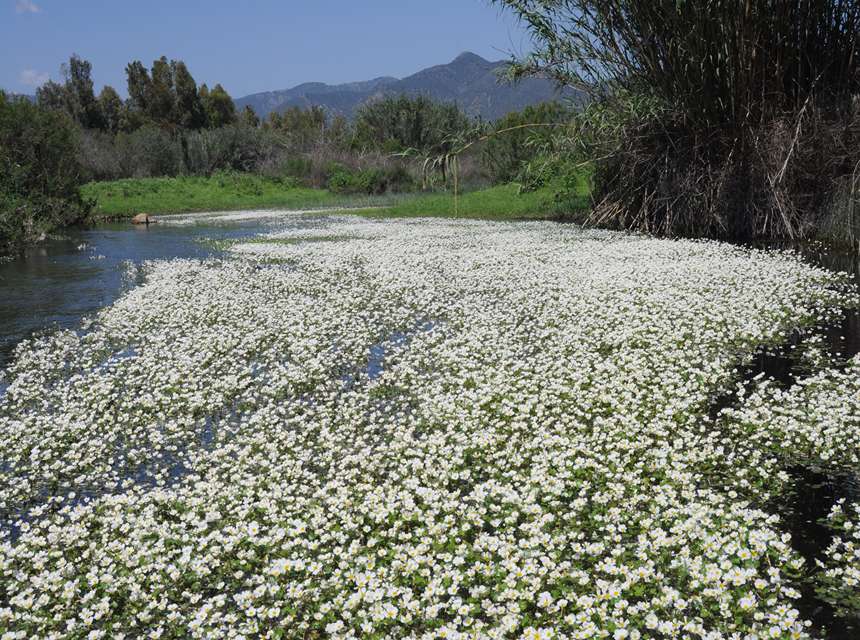Academic calendar 2023/2024 for Cross-border studies
Provision of the Dean
on the Organization of the Academic Year 2023/2024
(Calendar of Academic Events)
for
cross-border studies
This is an amendment of general Calendar of Academic Events specific for cross-border study programmes.
Winter semester |
|
|
Electronic enrollment |
29. 5., 8:00 – 9. 6. 2023 |
|
Confirmation of enrollment for winter semester |
4. 9. – 15. 9. 2023 |
|
Check of the completion of the previous academic year and enrollment (registration) for the winter semester (signed enrollment sheet A from STAG to be delivered) |
25. 9. – 8. 10. 2023 |
|
Winter semester – teaching period |
25. 9. – 23. 12. 2023 |
|
Course credit week |
18. 12. 2023 – 23. 12. 2023 |
|
Examination period for winter semester ends |
29. 2. 2024 |
|
MAID by 10. 2. 2024, 11:00 Others by 14. 12. 2023, 11:00 |
|
at least five working days before the date of the examination |
|
Bachelor defenses |
15. 1. – 19. 1. 2024 |
|
Master defenses and final state examinations – Biological chemistry |
15. 1. – 19. 1. 2024 |
|
Master defenses and final state examinations – MAID |
10. 3. – 14. 3. 2024 |
|
Bachelor final state examinations – Bioinformatics |
23. 1. – 26. 1. 2024 |
|
Bachelor final state examinations – Biological chemistry |
1. 2. – 2. 2. 2024 |
|
Graduation ceremony |
5. 3. 2024 |
|
Confirmation of the completion of winter semester for those who completed first semester of Bachelor´s or Master´s study |
4. 3. – 8. 3. 2024
|
Summer semester |
|
|
Electronic enrollment for the summer semester (it ends at 12:00 of the last day) |
8. 1., 8:00 – 19. 1. 2024 |
|
Confirmation of enrollment for summer semester |
5. 2. – 9. 2. 2024 |
|
Summer semester – teaching period |
12. 2. – 18. 5. 2024 |
|
Course credit week |
13. 5. – 17. 5. 2024 |
|
Examination period for summer semester ends |
31. 8. 2024 |
|
Bioinformatics: Submission of Bachelor theses to STAG IS
Biological Chemistry:
|
by 19. 4. 2024, 11:00
by 9. 5. 2024, 11:00
by 15. 8. 2024, 11:00 |
|
Biological Chemistry:
Biological Chemistry:
MAID
|
by 19. 4. 2024, 11:00
by 15. 8. 2024, 11:00
by 20. 8. 2024, 11:00
|
|
at least five working days before the date of the examination |
|
Bachelor defenses: Bioinformatics:
Biological Chemistry first term second term[1] |
22. 5. – 25. 5. 2024
12. 6. – 14. 6. 2024 16. - 20. 9. 2024 |
|
Biological Chemistry - master defenses and final state examinations Biological Chemistry - master defenses and final state examinations - second term MAID - master defenses and final state examinations |
22. 5. – 24. 5. 2024 16. - 20. 9. 2024 16. 9. - 20. 9. 2024 |
|
Bachelor final state examinations: Bioinformatics
Biological Chemistry first term second term 1 |
29. 5. – 2. 6. 2024
21. 6. 2024 20. 9. 2024 |
|
Graduation ceremony |
27. 6. 2024 |
[1] Students of Biol. Chemistry who complete their studies in the second term of the summer semester will have their graduation ceremony in March 2024. Diplomas can be obtained at the study department without graduation ceremony in early October.
Read more …Academic calendar 2023/2024 for Cross-border studies
- Hits: 3428

